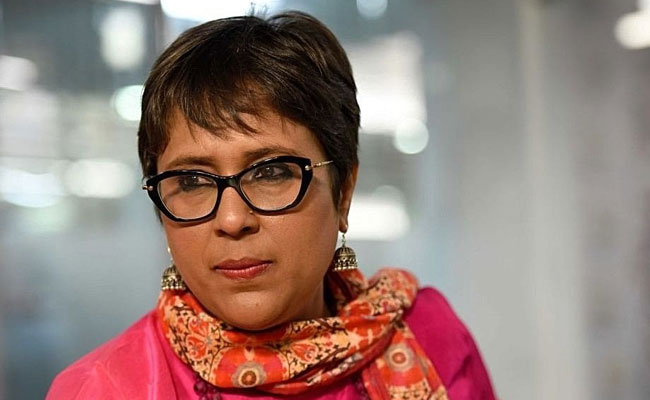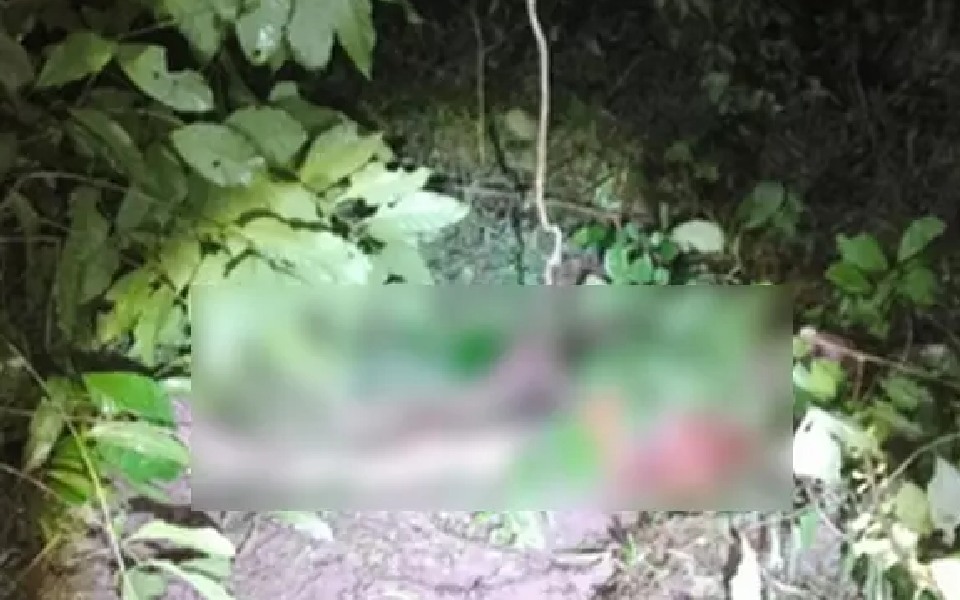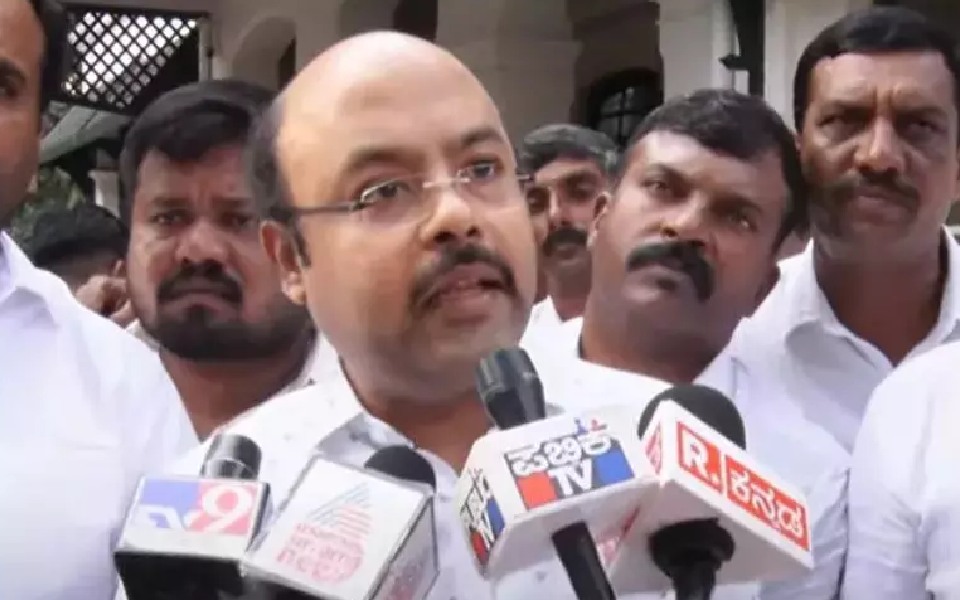New Delhi: Renowned journalist Barkha Dutt's digital news organization, Mojo Story, faced a major setback as the entire content on its YouTube channel was allegedly deleted by hackers. Dutt shared this information in a tweet on Monday, expressing her distress over the incident.
According to reports, Dutt had been urging YouTube since yesterday to freeze the platform to prevent further alterations by the hackers. However, YouTube officials stated that they needed to follow the process of investigation before taking action.
Despite hours of pleas and assurances from YouTube that action was being taken, the channel's content was wiped off. Mojo Story's YouTube channel reportedly featured 11,000 videos accumulated over four years, including three years of coverage on the COVID-19 pandemic in India. Dutt expressed her devastation in the tweet, stating, "Four years of blood, toil, sweat, tears... all gone. I am heartbroken. I feel someone took a knife through my heart, is all I can say."
The news outlet's YouTube page now displays a message stating, "This channel doesn't have any content."
The incident triggered a wave of anger and disappointment on Twitter, with journalists, politicians, lawyers, and viewers of Mojo Story expressing their frustration. Many called on YouTube to rectify the situation and restore the channel.
Founded in 2019, Mojo Story is described on its website as a "feisty team of independent broadcast journalists."
Further updates regarding the investigation into the hacking of Mojo Story's YouTube channel are awaited.
Let the Truth be known. If you read VB and like VB, please be a VB Supporter and Help us deliver the Truth to one and all.
Bengaluru: Leader of the Opposition R. Ashoka launched a scathing attack on MLC Dr. Yathindra, demanding that he retract his controversial statement comparing Chief Minister Siddaramaiah to the late Maharaja Nalwadi Krishnaraja Wadiyar. Ashoka urged Yathindra to apologize to the people of Karnataka if he had even a shred of conscience and any respect for the Mysuru royal lineage.
In a strongly worded social media post on Sunday, Ashoka stated, “Comparing Siddaramaiah to Nalwadi Krishnaraja Wadiyar is nothing short of absurd. Where is Nalwadi, who was bestowed the title of ‘Rajarshi’ by Mahatma Gandhi himself, and where is Siddaramaiah, who has stooped to being a puppet in the hands of fake Gandhis for the sake of power?”
He continued his critique by contrasting the enduring legacy of Nalwadi, remembered fondly by Kannadigas for his people-centric development, with what he termed as Siddaramaiah’s failure to manage Karnataka’s economy, burdening every household with debt.
Ashoka highlighted several stark differences, while Nalwadi built Mysore University over a century ago, Siddaramaiah is shutting down nine universities due to lack of funds. Nalwadi famously sold his family’s gold to build the KRS dam, whereas Siddaramaiah is accused of grabbing 14 sites meant for the public. Nalwadi established Bhadravati Iron & Steel Plant, Sandalwood Soap Factory, and Mysore Paper Mills. In contrast, Ashoka claimed Siddaramaiah's governance drove away industries, investors, and entrepreneurs. Nalwadi pioneered reservations for the backward classes long before it became mainstream. Siddaramaiah, Ashoka alleged, is reducing social justice to a gimmick by sticking labels on doors in the name of surveys.
While acknowledging Yathindra’s emotional attachment to his father, Ashoka emphasized that comparing Siddaramaiah to a visionary like Nalwadi was “laughable, baseless, and a gross insult” to the late king.
In his concluding remarks, Ashoka slammed the government for ignoring farmers’ needs despite an early monsoon. He accused the administration of being caught up in internal power struggles and negligence, forcing farmers into despair. “This government will not be spared from the curse of the farmers,” he warned.





